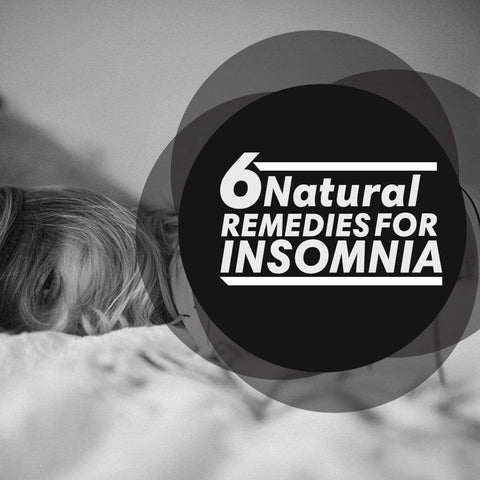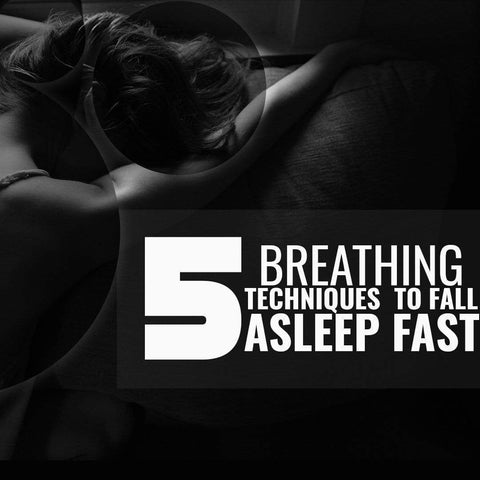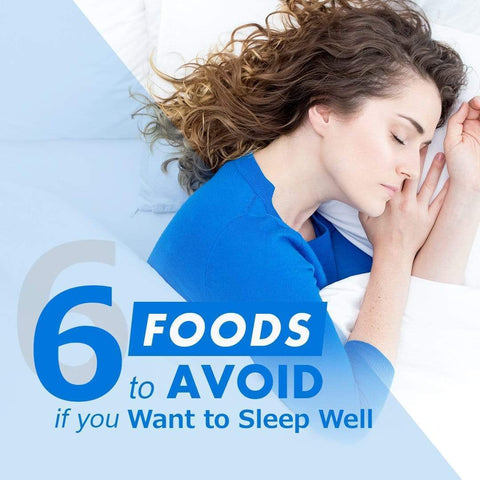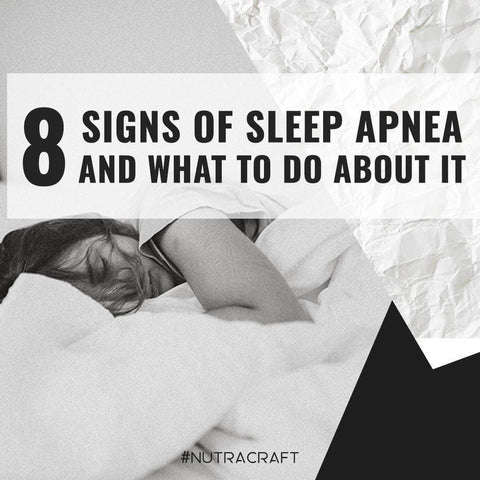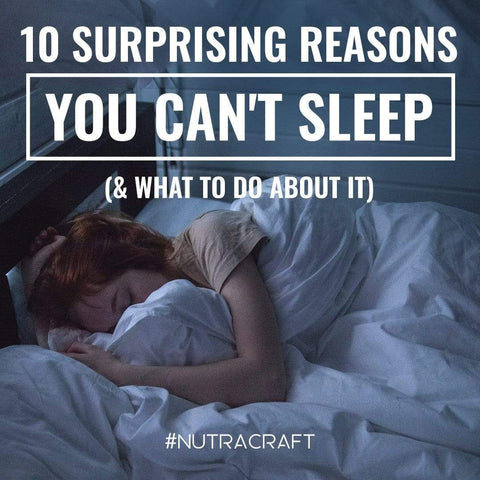
Can’t sleep?
Then look at this list of reasons that might be keeping you from getting enough rest. If you’re lucky, a small change of habit could get you back on the right track.
The Problem With Insomnia

Chronic insomnia can increase your chances of developing cardiovascular disease, anxiety, and increased mortality overall 1.
To stay healthy, your body depends on the restorative effects of sleep. Cellular repair is one of the hallmarks of sleep 2. In other words, your body regenerates during sleep.
Not getting enough sleep can have all sorts of negative effects on your body. In short, it stresses your body out, impairs its functioning, and even causes damage.
Fix Your Sleep
Now that you know for sure that you want and need sleep, let’s get down to fixing it.
The first step in fixing your sleep is to get rid of anything getting in its way. Cut out the things that can keep you awake. Here’s what some of them are.
10 Reasons Why You Can’t Sleep
1. Too Much Light Exposure
Our bodies are very sensitive to light because throughout human history, the sun has signaled when we should be awake and when it’s time to go to bed.
Your body actually produces a sleep-inducing hormone, melatonin, when you’re exposed to darkness. And if you’re exposed to too much light before bed, your body will produce much less melatonin 1,2. That’s why researchers recommend being in a dark environment or having your lights dimmed an hour or so before bedtime 1.
2. Overeating - Especially Before Bed

Research shows that eating too much in general (throughout the day) takes away from your quality of sleep 3, and eating too late at night has been shown to decrease sleep quality 4. You’ll dream less and might find it harder to fall asleep if you eat late.
3. Drinking Booze
Even though people use alcohol to lull themselves to sleep, it can disrupt sleep quality. Alcohol can have stimulating effects at low to moderate doses and drinking at “happy hour,” even six hours before bedtime, tends to disrupt sleep 5.
Alcohol can suppress the brain-renewing REM sleep cycle (the cycle in which you dream) 5.
Exclusive Bonus! Download the FREE report ‘3 Key Steps to a Deep Restful Sleep’ by clicking here.
4. Worrying
Most of us have had the experience of an active mind keeping us awake. If you don’t have control over the problem you’re worrying about, let it go.
Meditation is another way of calming your frantic mind. Studies have shown that practicing meditation can significantly improve sleep quality, decrease worry, and calm down the nervous system 6.
5. Not Having A Pre-Sleep Routine
Who knew that not having a pre-bed habit could impair sleep? Following a routine helps relax your body and give it cues that the time to go to bed is coming. Reading, taking a bath, showering, or meditating are good choices. Pre-bed habits work on babies and older adults alike 7,8.
6. Eating Too Many Refined Carbohydrates
Get your carbs from healthy whole plant foods like veggies, fruits, legumes, and whole grains. Processed refined carbohydrates like pasta, pizza, pastries, and white bread can spike your blood sugar dramatically and, as recently uncovered, lower your sleep quality 9. Avoid refined carbohydrates and eat the whole foods that keep your blood sugar level stable!
7. Too Much Coffee

The more caffeine you drink, the more likely you will experience interruptions in your sleep and the shorter your sleep will be 10.
8. Hormonal Imbalances
Hormones like estrogen and testosterone do many more things in the body besides fueling your sex drive. If you’re a woman and your estrogen is low or if you’re a man and your testosterone is low, it could be affecting your sleep.
Giving middle-aged women and men estrogen and testosterone respectively has been shown to improve sleep quality 11,12.
9. Not Getting Enough Exercise
It's common sense that if you work your body, you'll be tired afterwards. Researchers say “exercise could be a healthy, safe, inexpensive, and simple means of improving sleep” 13. Exercise uses up your energy stores and improves your neurotransmitter functioning so that you’ll be able to sleep better.
10. Not Eating Enough Veggies and Fruits!
You've been told to eat your fruits and veggies from a young age - that is, if your parents were dietarily enlightened. But could the amount you eat really affect how well you sleep?
Research has also shown that eating more fruits and vegetables is associated with better sleep quality 14. It might be a tall task to ask exactly why fruits and veggies help you sleep, but they’ll boost your health in a million ways!
Do you struggle with achieving deep, restful sleep?
Having a good night’s rest is the key to living a life full of energy and passion. But the modern lifestyle has become a huge detriment to sleep quality.
Without a full night’s rest, there’s a good chance you are missing out from living your best life.
Fortunately, there are key lifestyle choices you can implement right away so you don’t have to wake tired and groggy.
Discover these groundbreaking sleep hacks to drastically improve your sleep quality and wake up actually feeling refreshed and ready to conquer the day.
Click here to download the FREE report and find out how you can improve your sleep quality.




